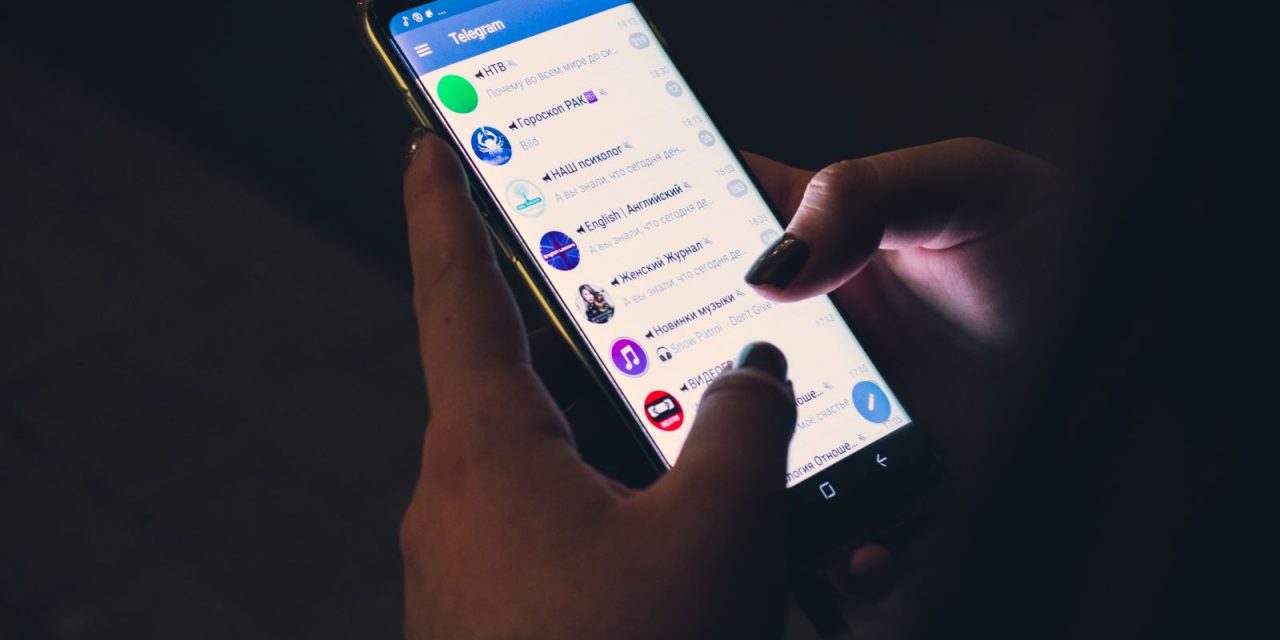A faithful Brigada participant wrote this past wondering how Facebook’s purchase of WhatsApp might impact its usefulness as a secure messaging platform. (See, for example, this Forbes article: https://www.forbes.com/sites/daveywinder/2019/01/27/how-whatsapp-merger-with-facebook-messenger-puts-your-privacy-at-risk/#3480b7d54e57. Bottom line: If not WhatsApp, what would you recommend for safe and secure video calling and messaging? Any professionals able to comment anonyously?
10) What’s the Best App for Secure Video-calling and Messaging?












I don’t have any specific recommendations, but a couple of considerations:
– What are you protecting and who are you protecting it from? There are multiple possible answers to this for anybody. Although content may be encrypted, that may be enough to keep some out, but there may be others that have access. Remember that metadata (data about data, such as the ability to track contact networks, frequencies of communications, etc.) may be even more valuable to snoops than the content of communications.
– Beware of “free” services, especially ones that are advertising-supported, and don’t offer options of paid tiers of service. The standard advice is “if you’re not paying for the service, you’re not the customer, you’re the product being sold”. Assume that there’s no such thing as a pro bono service, and a provider has to have some source of revenue to keep the service going. Whether WhatsApp, Gmail, or anything else, if you’re not paying, the provider has no service obligation to you. If in doubt, read the End User License Agreement, and pay close attention to rights that the provider reserves for themselves (including the right to change terms), and the limitation of rights (and recourse) granted to the user.
Besides communications tools, other types of “free” services to avoid would include data storage services (both general and backups) and VPN providers. One exception may be “freemium” services, of business-focused services that have a limited-capacity unpaid offering that may be suitable for some individuals (but only if there’s no advertising in the free tier). For that kind of setup, what the provider usually gets is the opportunity to promote upgrades to paid tiers of service.
There is no perfect messaging app I think. But we prefer Wire (https://wire.com/en/) at the moment and register with an email (https://app.wire.com/auth/ or in the app if possible now).
Signal and Threema are good options, too, but Signal needs a phone number to register.